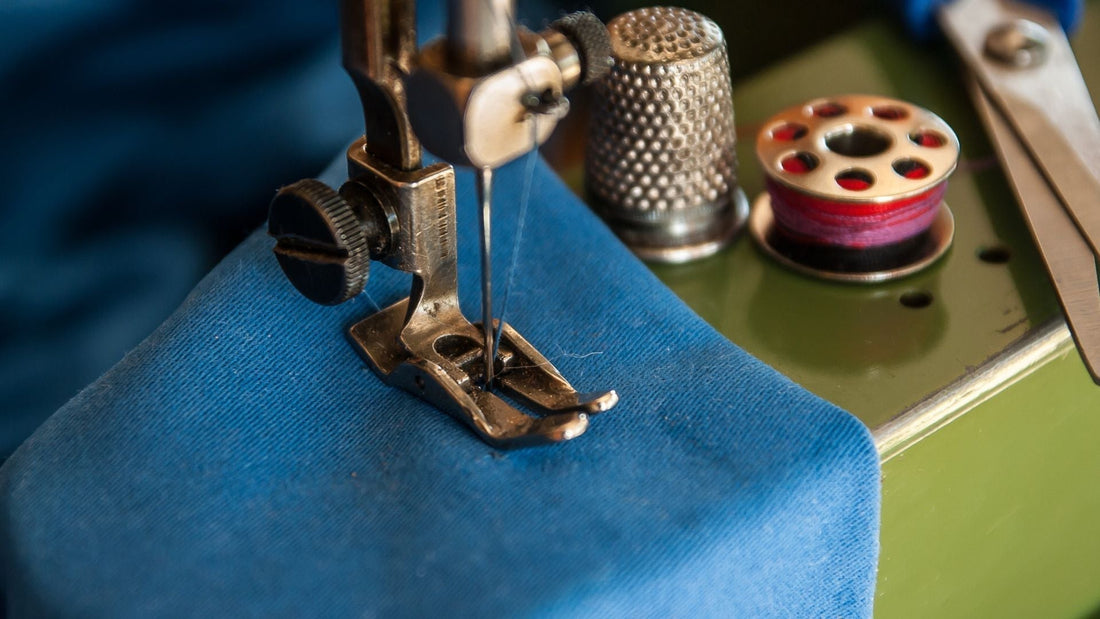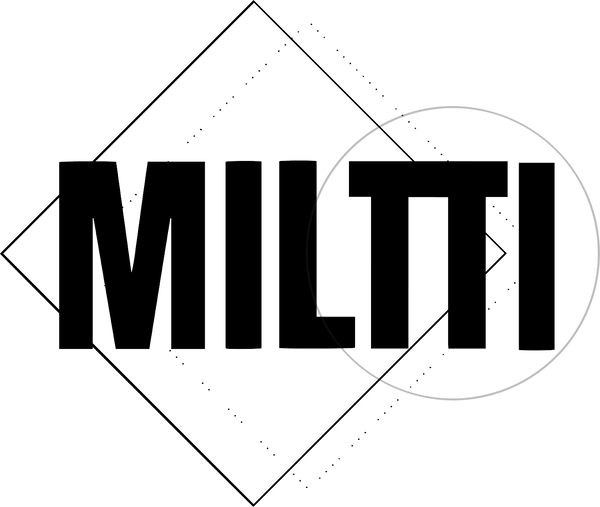
How On-Demand Production Reduces Fashion Waste
Share
The fashion industry has long struggled with overproduction and excessive waste. Every year, approximately 92 million tons of textile waste are generated globally, according to a study by RE:Source – Clothing and Textile Waste Facts.
In response, on-demand production has emerged as a powerful solution — offering a way to align supply with real demand, minimize waste, and foster a more sustainable future for fashion.
In this article, we explore how on-demand manufacturing is reshaping the industry, why it matters for consumers and the planet, and how small brands like Miltti are embracing this model to drive positive change.

The Problem: Traditional Fashion and Overproduction
In traditional fashion models, brands mass-produce clothing based on sales forecasts rather than actual customer demand. This leads to unsold inventory, which is often:
-
Heavily discounted or destroyed
-
Sent to landfills or incinerators
-
Dumped into secondary markets, creating waste elsewhere
According to research, a truckload of textiles is sent to landfills or incinerated every second globally.
The environmental impact is staggering: the fashion sector contributes up to 10% of global carbon emissions and uses significant water resources.
This inefficiency highlights the urgent need for zero waste clothing brands, eco friendly clothing, and innovative models like on-demand production.
👉 Learn more about Miltti’s sustainable values here.
How On-Demand Production Works
Unlike traditional mass production, on-demand manufacturing produces garments only after an order is placed.
This model offers several major environmental and operational benefits:
-
Eliminates Overstock: No unsold products sitting in warehouses.
-
Reduces Resource Waste: Less energy, fabric, and water used.
-
Encourages Thoughtful Consumption: Buyers connect more deeply with pieces they intentionally order.
Studies show that practices aligned with actual demand — such as extending garment lifecycles — can reduce environmental impacts by 20–30% (Common Objective).
At Miltti, we embraced on-demand production from day one to offer sustainable clothing that supports both personal expression and environmental stewardship.
The Environmental Impact of On-Demand Models
Here’s a simple comparison:
| Traditional Production | On-Demand Production |
|---|---|
| Forecasts lead to overproduction | Items made to order |
| High rates of waste and landfill use | Minimal excess inventory |
| Significant carbon emissions | Lower emissions footprint |
| High water consumption (up to 2,700 liters for one t-shirt) | Optimized use of resource use |
By choosing brands that follow zero waste fashion design principles, consumers directly contribute to reducing global waste and supporting a healthier planet.
👉 Explore sustainable pieces at Miltti.

Sustainability is not just a choice — it's a statement. 🌍
Discover the ‘Bleeding Earth’ Organic Cotton T-shirt and wear the change you believe in.
Why Small and Independent Brands Are Leading This Shift
Small fashion businesses — including Miltti — are uniquely positioned to adopt zero waste clothing practices faster than large corporations.
Their flexibility, community focus, and commitment to innovation make them powerful agents of change.
Supporting small business clothing brands not only fosters local economies but also promotes:
-
Ethical clothing production
-
Eco friendly fashion movements
-
Sustainable brands that prioritize people and the planet
Whether you're seeking gender neutral clothing, non binary fashion, or streetwear small business finds, independent brands are redefining what responsible fashion looks like.
👉 Learn more about why small businesses are driving the future of fashion.
Conclusion: The Future is On-Demand
The future of fashion will be smarter, cleaner, and more responsible.
By aligning production with real demand, the on-demand model helps drastically cut waste, conserve resources, and empower consumers to make more sustainable choices.
At Miltti, we believe in combining bold streetwear style with a deep respect for the environment — proving that eco fashion can be expressive, inclusive, and transformative.
Every small decision counts. When you choose zero waste clothing stores, small online clothing shops, and sustainable fashion brands, you're helping build a better future — one outfit at a time.
👉 Join the movement with Miltti.

Written by Miltti Team | April 2025
